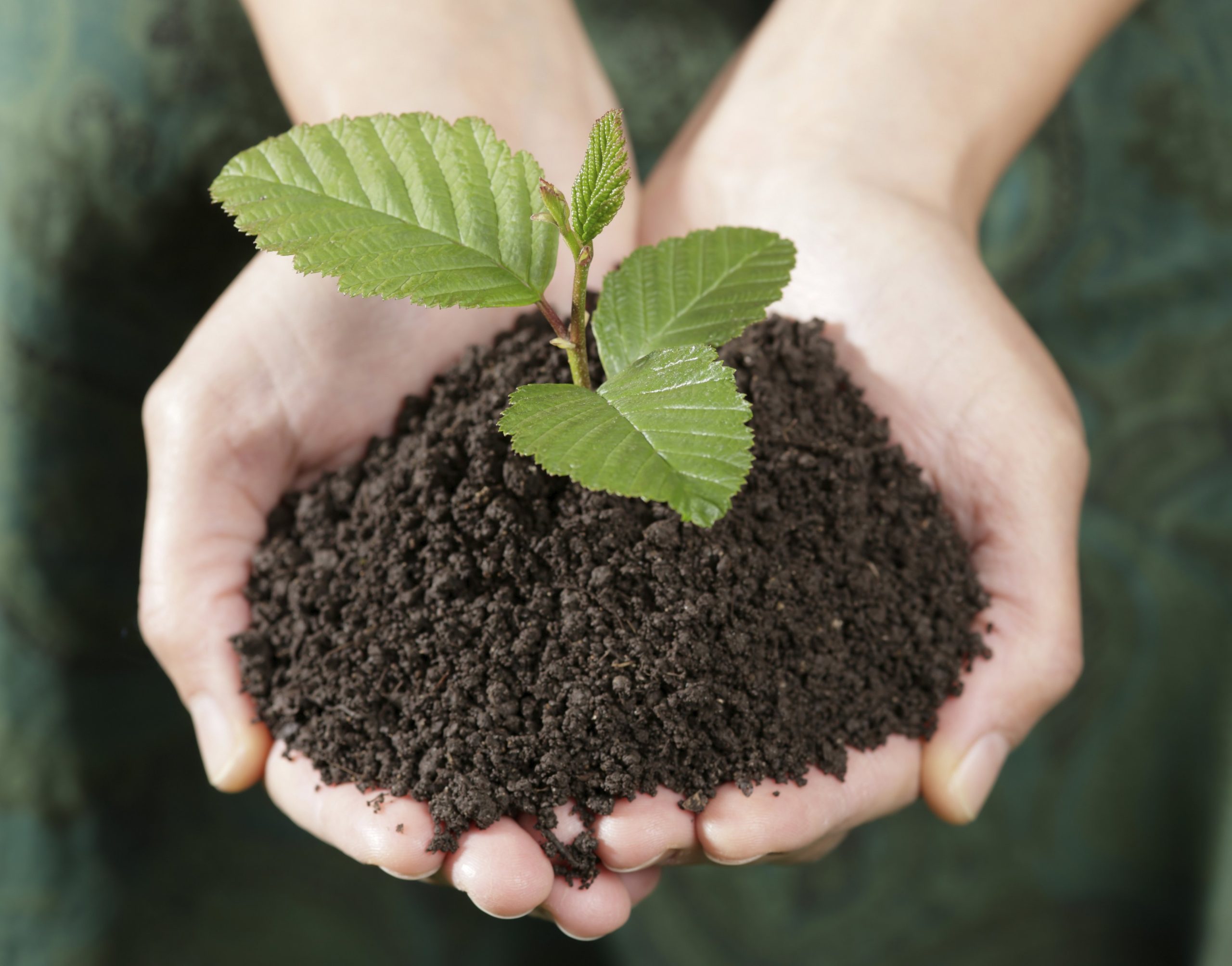As gardeners, we all strive to create vibrant, thriving plant life in our outdoor spaces. While there are numerous methods and tools available to help us achieve this goal, one practice that has stood the test of time is the use of compost as a natural fertilizer.
Composting is not only an effective way to reduce waste, but it also provides essential nutrients for plants, promotes soil health, and fosters a sustainable gardening ecosystem. In this article, we’ll explore why compost can be a superior choice over store-bought chemical fertilizers for your garden.
First, let’s examine the benefits of using compost as a natural fertilizer. Compost is rich in essential nutrients such as nitrogen, phosphorus, and potassium that are crucial for plant growth. These nutrients are released gradually over time, providing a sustained supply to your plants. Unlike store-bought chemical fertilizers, which can burn plants or harm the soil if not used correctly, compost is gentle and won’t cause harm to your garden ecosystem.
Moreover, compost plays an essential role in improving soil structure and health. As organic matter breaks down during the composting process, it creates a more porous, aerated soil that retains moisture better and allows for easier root penetration. This not only benefits current plants but also helps prepare the ground for future plantings.
Another significant advantage of compost is its eco-friendliness. Composting is an excellent way to reduce waste while creating a valuable resource for your garden. Instead of sending food scraps, yard waste, and other organic materials to landfills, which contribute to greenhouse gas emissions, you can put them to good use in your own compost pile.
Now, let’s discuss some reasons why compost might be more effective than store-bought chemical fertilizers:
- Nutrient Balance: Compost provides a balanced and well-rounded set of nutrients that is tailored to the needs of your garden. The slow release of these nutrients ensures optimal plant growth without any harm to the soil or surrounding ecosystem.
- Cost-Effective: Over time, maintaining a compost pile can be more cost-effective than continuously purchasing store-bought chemical fertilizers. Additionally, by reducing the amount of waste that goes to landfills, you’ll save money on disposal fees.
- Environmentally Sustainable: Composting is an environmentally sustainable practice that helps reduce the reliance on synthetic fertilizers and their associated environmental impacts, such as water pollution and greenhouse gas emissions.
- Customizable: Depending on your specific gardening needs, you can customize your compost by adding different materials to the pile. For instance, if you have acidic soil, you can add lime to balance the pH levels, or if you’re growing tomatoes, you can include coffee grounds for added nutrients.
In conclusion, there are numerous advantages to using compost as a natural fertilizer in your garden. Compost provides essential nutrients that promote plant growth, improves soil health, and is environmentally sustainable.
By reducing waste and customizing your compost pile, you’ll create a thriving ecosystem that fosters healthy plants while minimizing the need for store-bought chemical fertilizers. So, start your composting journey today and reap the rewards of a greener, more sustainable gardening practice.

